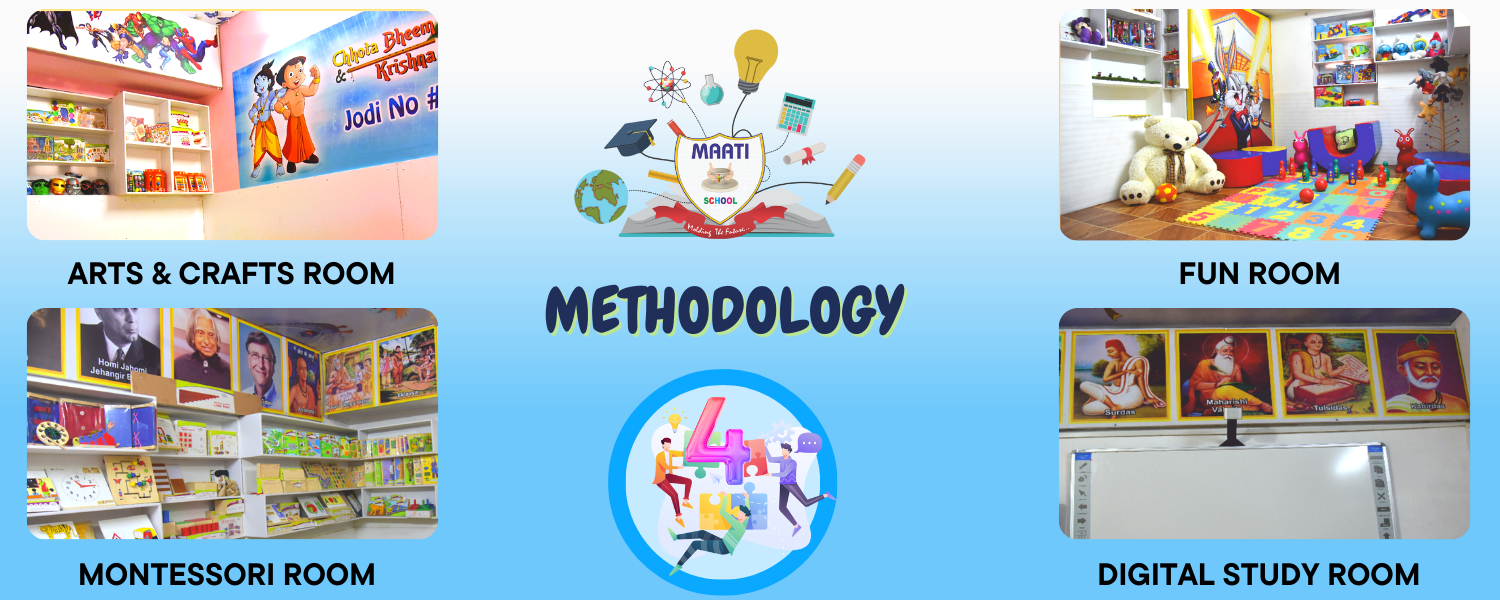
Enhancing Engagement, Attention, Socialization, and Self-Regulation in Little Kids
The four-room concept is a teaching method that involves dividing the classroom into four activity areas and rotating students through them every 30 minutes. This method can have several psychological effects on little kids, including:
Increased engagement: By changing activities every 30 minutes, children are less likely to get bored or disinterested in the task at hand. This can lead to increased engagement and participation in the learning process.
Improved attention span: Short, focused activities can help improve a child's attention span and ability to concentrate. The frequent change of activities in the four-room concept can also help keep children mentally stimulated.
Socialization: The four-room concept can encourage socialization among children, as they work and interact with different peers in each activity area.
Self-regulation: By learning to adapt to changing activities and environments, children can develop self-regulation skills, such as the ability to manage their emotions and behaviour.
Overall, the four-room concept can have positive psychological effects on little kids, helping to create a more engaging, stimulating, and safe learning environment.

